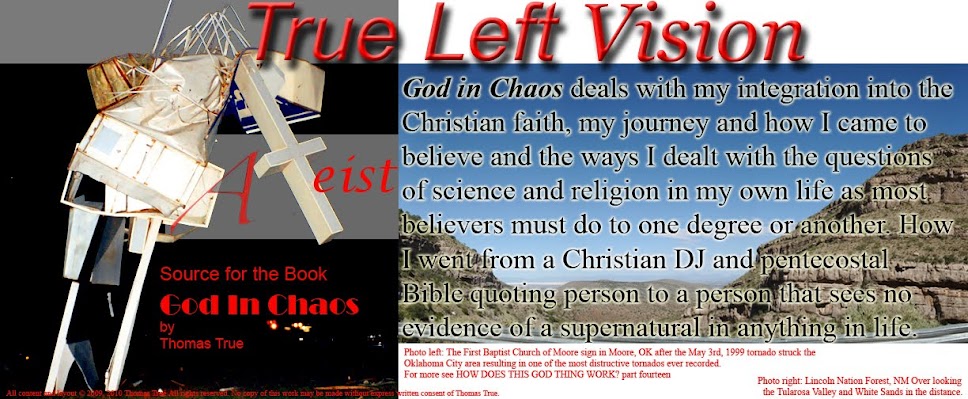
So the top four areas of faith or lack there of, cover about 5 billion people. These are the best teams humanity has to offer for our posterity. To bad we cannot have head to head contest and the winners get the other adherents followers. A sort of “World Series of Belief”. Not so much to count numbers but to be educated in the others religion and judge it on its own merits.
Stephen Prothero in his book Religious Literacy makes the case for religion to be taught in the public schools. I agree fully with Prothero about this point and the benefit would be great to the civil mindedness of the common student. Imagine a person not getting upset because a person wears different clothes or dresses in a particular way because they realize that they may have a different but socially important belief system.
To me, the most important class on religion and World religions would be one on the effectiveness of prayer and miracles. Education in these two ares could help reduce the violence and prejudice between two groups from the beginning. Not only would this take the mystery and distrust out of religions that a person may not be familiar with but it would also give them equal footing in the discussion of relevance. This curriculum would have to be well made as to present it from a secular point of view. That is the only secular purpose that the government could have in this education. My hope would be to educate the religion out of someone.
The big mega-churches in the community would have their dogma reduced down to educational packets the same as the smaller groups of adherents. And at least while in the secular school, all things would be equal. And to me this would mean a diminishing of all of them because what would then be the most important is the education and knowledge of such things not the adherence to the beliefs themselves.
But Prothero makes several other good points for the teaching of a religious class in public school. There is much from our culture and literature that is based upon the stories and teachings in the Bible. Questions such as:
Who wrote the writing on the wall?
Who was Noah's wife?
Where does the phrase “go the extra mile come from?
What does, “From Dan to Bathsheba” mean?
What are the 10 Commandments?
What is the Golden Rule?
These are just a few from the numerous references of the literary aspect of the Bible. There are also from other religions and tribal beliefs that an education in religion would be helpful for.
The whole idea of learning about other religions is like learning the rules of the game. In order to be a fan or to play a sport you first must know the rules and goals of the sports. I see a good secular education in world religions to be similar to that. You are not learning just about your favorite team. You learn about them on your own effect but your learning about the other teams they may play against. It would be foolish to not have some clue about the team your favorite is getting ready to play. After all, before every game the commentators take time to highlight both the strengths and weaknesses of the match up and then let the two teams play it out on the field of play where the rules govern how the winner is decided.
Coming Next Time;
MY TEAM COMES TO PLAY part thirty-six

No comments:
Post a Comment